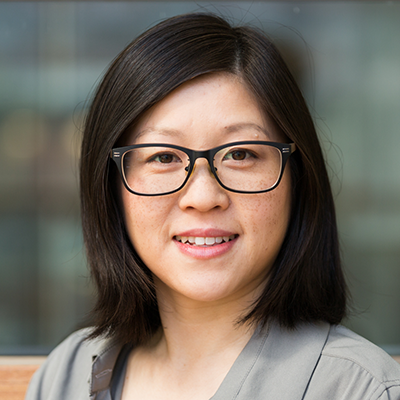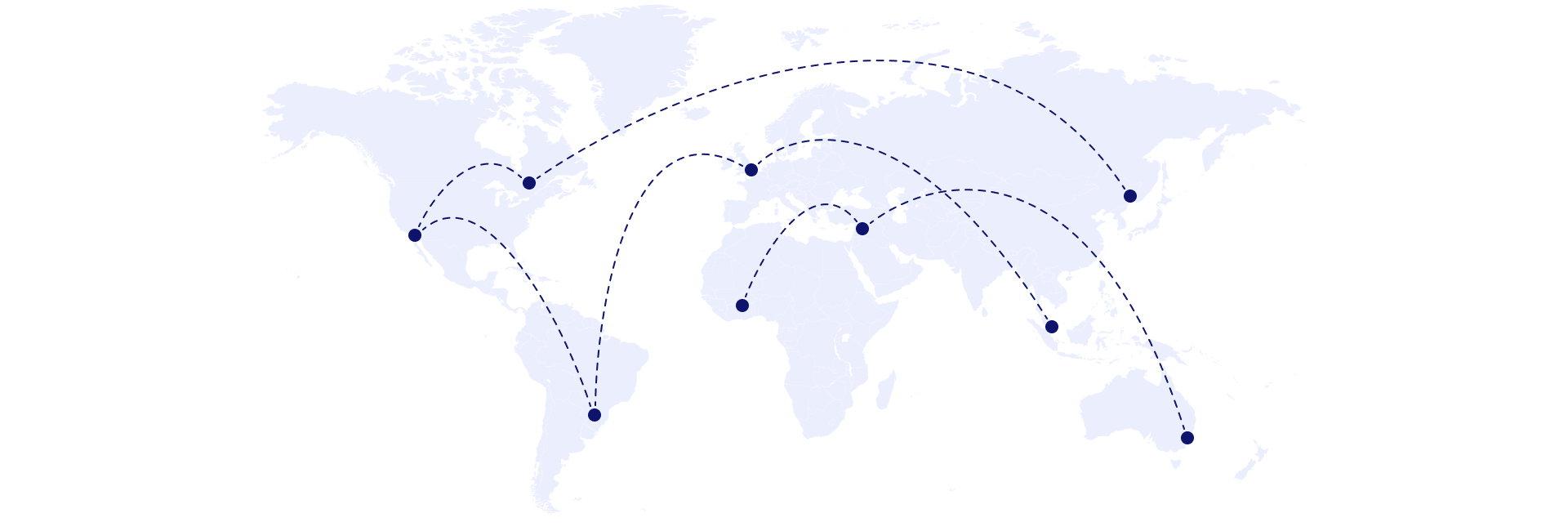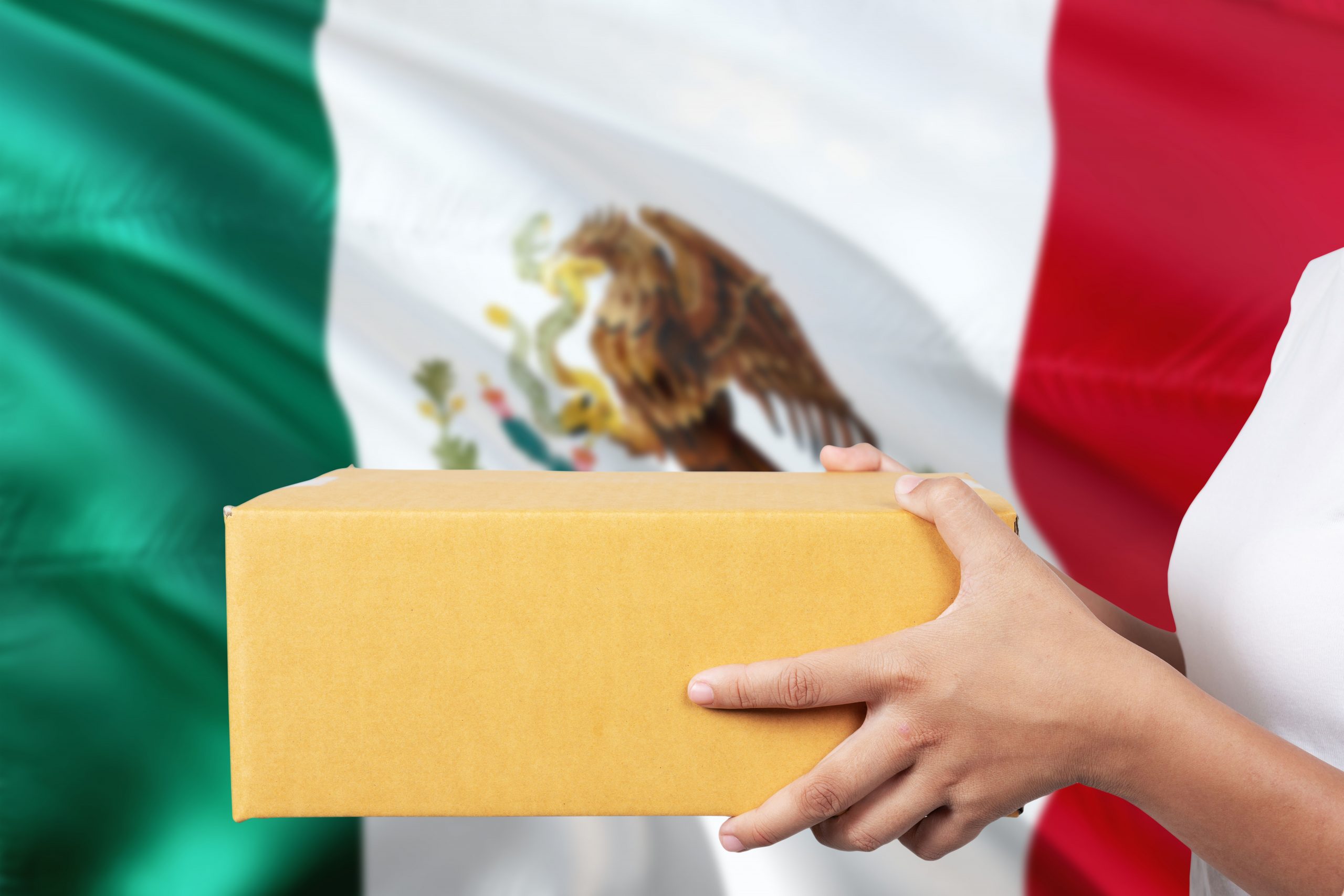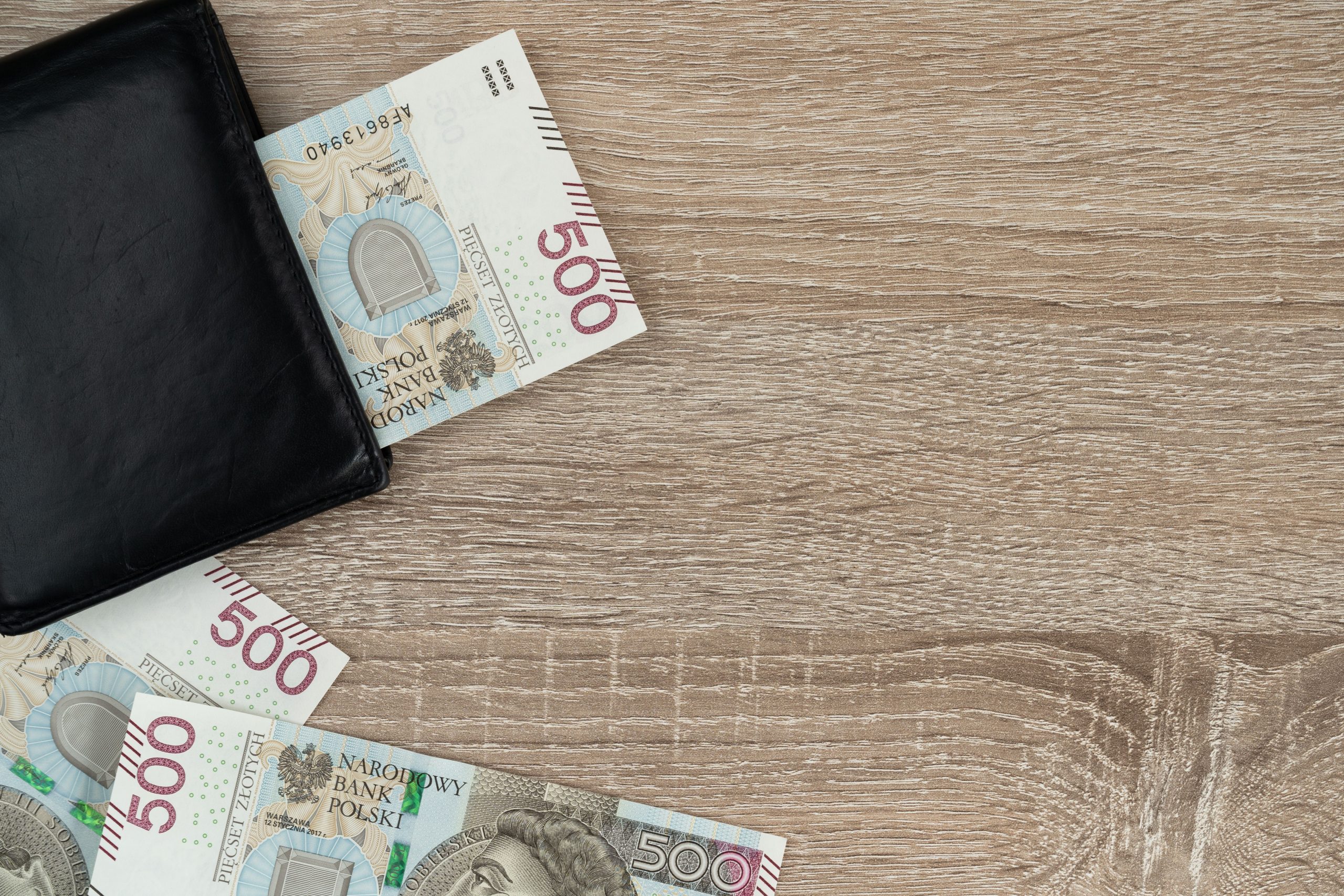
China is often the first place importers and online sellers consider when sourcing goods. Be it for your eCommerce site, to sell on Amazon or similar marketplaces, or imports for a traditional brick and mortar business, chances are high that your search will start there. However, knowing exactly how to transfer money to China to pay suppliers can be confusing as it can vary depending on your supplier and how you are sourcing your products.
In this article we take a look at the most common supplier payment methods and some considerations to be aware of. We’ll cover:
- International wire transfer
- Escrow
- Alibaba Trade Assurance
- Letter of credit
- PayPal
- Credit card
- Western Union
- Sourcing agent
- WorldFirst account
International wire transfer
An international wire transfer or telegraphic transfer (T/T) is a way of sending funds electronically. It uses the SWIFT network, with each financial institution having its own SWIFT code to transfer money from one bank to another.
Wire transfers are widely accepted by Chinese companies and is a common way to transfer money from Australia to China but there are risks to both the payer and supplier if either party is untrustworthy. Many suppliers will request a deposit before commencing manufacturing or shipping so it’s important to be sure of their credentials and ability to deliver.
Fees: Apart from the foreign exchange margin that a bank may charge, you’re liable for any bank transfer fees the sending or receiving banks charge. If there are intermediary banks involved, they may also charge a fee; these fees can be as high as $30 per transaction, regardless of the amount you send.
Escrow
Escrow is a payment service that protects both parties in a transaction when importing from China to Australia. In this instance, a third party acts as a middleman. The buyer and seller agree to business conditions such as delivery of goods by a certain date. The buyer pays the invoice amount into the escrow account and it gets forwarded to the seller only when the business conditions are met.
Fees: The institution will charge a percentage fee on the transaction. A flat transaction fee may also be added to international transfers.
Alibaba Trade Assurance
Alibaba Trade Assurance is an example of escrow. It’s generally considered the safest way for Australian businesses to pay on Alibaba.com, as funds are withheld from the supplier until the buyer is satisfied with the quality and delivery speed. It offers peace of mind to Australian buyers who may not have developed a relationship with the Chinese factory manufacturing their goods.
Fees: There is no cost to buyers for transferring funds; suppliers cover the three percent transaction fee. Only Gold Suppliers can apply for Trade Assurance. The benefit to them is that it raises their visibility in searches as well as the perceived quality of their goods, as they have more to lose if a transaction goes awry.
Letter of credit
Generally only suitable for large companies or large transactions, a letter of credit is a guarantee by a bank on behalf of the buyer, to guarantee payment to the seller. While these reduce a supplier’s risk, they are an expensive money transfer option, as the bank will take a percentage of the amount being pledged. You’ll also need to fill out a lot of paperwork and overcome potential language barriers with your Chinese supplier.
Fees: Banks charge a substantial percentage of the transaction amount; percentages vary.
PayPal
PayPal’s buyer protection has made it popular globally, although it was only recently that more suppliers in China were willing to accept payments via this method. It’s ideal for small transactions as payments are relatively quick and the charges aren’t exorbitant. On larger transfers, however, the processing charges can add up.
Fees: PayPal fees include a percentage of the transfer amount and a margin added to the exchange rate. This margin is similar to the banks’ and unless you do your research, you may not even be aware of the charge, which can be several percent.
Credit card
Some Chinese suppliers are now accepting payment via credit card or debit card. However, banks add a margin to the exchange rate, which can drive up the final cost for large transfers. There is also a level of risk for suppliers in the case of fraudulent payments.
Fees: A margin is added to the exchange rate, usually between three and five percent. Some credit card issuers also charge a payment processing fee.
Western Union
Payment through Western Union (WU) may be requested by suppliers because it's fast, cheap and convenient for them. However, scams abound with Western Union payments and there's little recourse for the buyer if things go wrong. In fact, if a supplier you've never met or done business with requests a WU payment, you should be wary.
When you send money via Western Union, you'll be given a money transfer control number (MTCN), which you then pass on to your supplier, who will use that number at any WU branch to collect the funds. If the supplier subsequently doesn't deliver on your order or disappears, there's not much you, or Western Union, can do.
Fees: Western Union adds a margin to the exchange rate to make a profit and the margin can be quite high.
Sourcing agent
If you use a sourcing agent to find suppliers in China, they may offer to arrange payment as well. It’s a convenient and low-risk way to deal with sellers overseas but adds a layer of complexity and cost, since all communications and payments are going through a middleman.
Fees: Sourcing agents charge a fee for sourcing and may also charge an additional fee for arranging international payments.
WorldFirst account
A WorldFirst account allows you to pay overseas suppliers in over 50 currencies. Major currencies are transferred within the same day via a secure payment network. This means it’s one of the safest ways to pay Chinese suppliers. Importantly, the fee structure is incredibly competitive and transparent, meaning you’ll save on your importing costs compared to other methods.
WorldFirst is also a payment-to-China specialist, making it ideal if you need to pay a supplier in China.
Fees: WorldFirst charges a maximum margin of 0.60%, compared to banks who can charge up to five percent. Fees are also low and clearly stated.
Reach global suppliers and pay at speed
Strengthen your supplier relationships with secure payments made at speed. Plus, protect against adverse currency fluctuations with forward contracts.

Disclaimer: These comments are the views and opinions of the author and should not be construed as advice. You should act using your own information and judgement. Whilst information has been obtained from and is based upon multiple sources the author believes to be reliable, we do not guarantee its accuracy and it may be incomplete or condensed. All opinions and estimates constitute the author’s own judgement as of the date of the briefing and are subject to change without notice. Please consider FX derivatives are high risk, provide volatile returns and do not guarantee profits.
You might also like
Insights from WorldFirst cover the latest FX news, top accounting tips, strategies to mitigate risk and key industry trends. Choose a category below to find out more.
Businesses trust WorldFirst
Since 2004, more than 240K businesses have utilised WorldFirst to send more than £87bn around the world.



